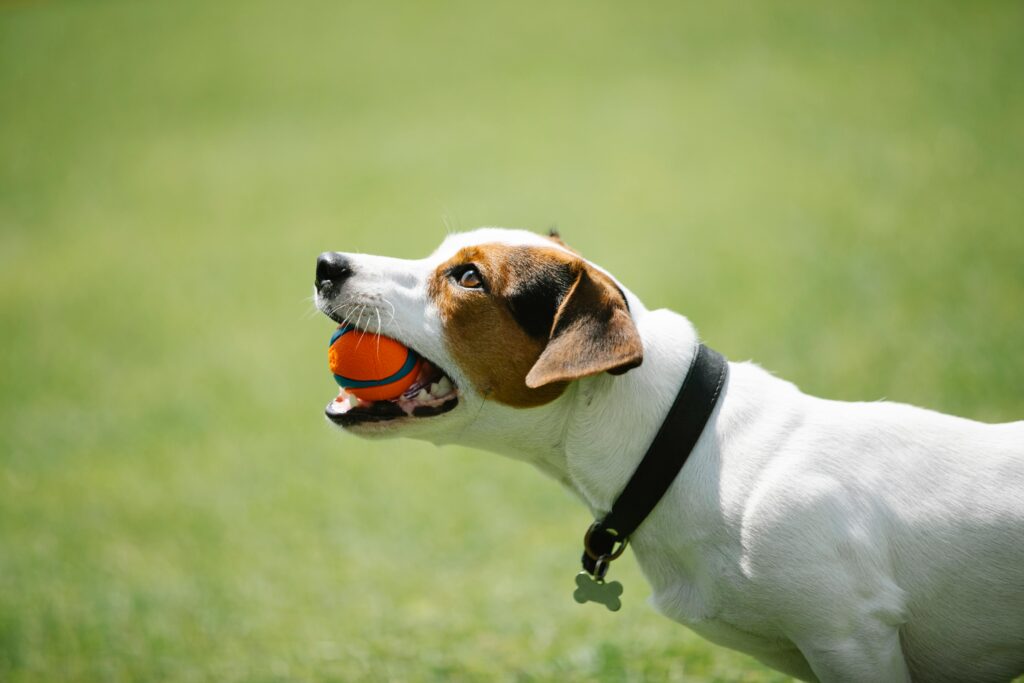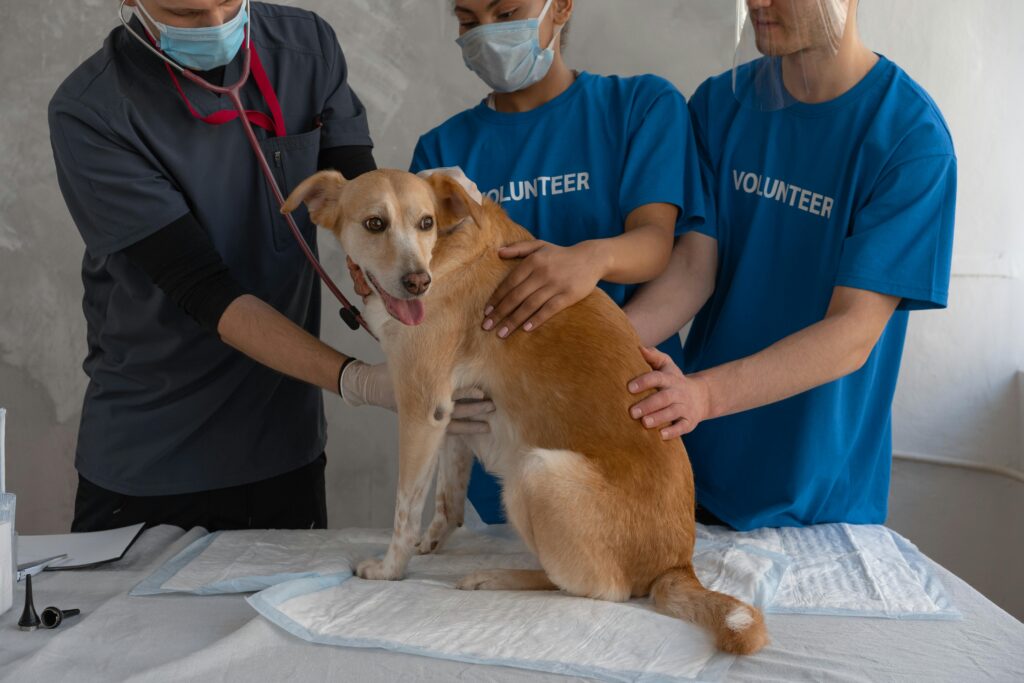
Training your puppy doesn’t have to be a strict or tedious process. With the right approach, you can turn everyday play into valuable lessons that enhance focus and build obedience. Through games that train, you not only teach commands but also strengthen your bond with your furry companion.
This guide explores playful strategies to ensure your puppy learns key skills while having fun, making the training process enjoyable and effective.
Why Games That Train Work
Games are an excellent tool for teaching puppies because they engage their natural instincts and curiosity. Here’s why incorporating games that train into your routine is so effective:
- Encourages focus: Puppies stay attentive and motivated when learning feels like play.
- Reinforces obedience: By associating commands with enjoyable activities, your puppy will eagerly comply.
- Reduces stress: Playful sessions create a relaxed environment where your puppy feels confident to explore and learn.
- Strengthens your bond: Games encourage positive interactions and trust between you and your puppy.
By using games that train, you make the learning process dynamic and memorable for your puppy.
Essential Games to Build Focus and Obedience
1. The Name Game
This game helps your puppy recognize and respond to their name—a foundational skill for all training.
- Sit with your puppy in a distraction-free space.
- Say their name in a cheerful tone and reward them when they make eye contact.
- Gradually increase the difficulty by calling their name from different locations or during mild distractions.
The name game improves recall and encourages your puppy to focus on you in various situations.
2. Fetch and Follow
Fetch is a classic game that doubles as an obedience lesson.
- Toss a toy and encourage your puppy to retrieve it.
- Before taking the toy back, ask them to “sit” or “drop it.”
- Reward them when they follow the command.
This game not only burns energy but also reinforces commands like “come,” “drop it,” and “stay.”
3. Red Light, Green Light
This fun game teaches impulse control and attention to verbal cues.
- Use a treat or toy to lure your puppy and say “green light” to encourage them to move toward you.
- Suddenly say “red light” and have them stop or sit. Reward them for obeying.
This game enhances focus and teaches your puppy to respond quickly to commands, even during excitement.
4. Obstacle Course Adventures
Setting up a mini obstacle course challenges your puppy’s problem-solving skills while teaching commands like “jump” or “crawl.”
- Use household items like cushions, boxes, or hula hoops to create an engaging course.
- Guide your puppy through the obstacles, offering rewards and encouragement.
This activity builds confidence, strengthens focus, and reinforces obedience in a playful setting.
5. Find the Treat
This scent-based game is perfect for enhancing your puppy’s concentration and recall.
- Hide a treat or favorite toy in an easy-to-find location and encourage your puppy to search for it.
- Use commands like “find it” to initiate the game and reward them when they succeed.
As your puppy becomes more skilled, increase the difficulty by hiding the item in trickier spots.
Tips for Making Games That Train Effective
- Start simple: Puppies have short attention spans, so begin with easy games and gradually increase complexity.
- Use high-value rewards: Treats, toys, or praise will keep your puppy motivated during training.
- Be consistent: Regular practice ensures your puppy understands and retains the commands.
- Minimize distractions: Begin training in quiet areas before introducing challenging environments.
- Keep it fun: Maintain an upbeat tone to keep your puppy engaged and excited about learning.
Signs of Progress
When you incorporate games that train into your routine, you’ll notice improvements in your puppy’s behavior, such as:
- Better attention to your voice and cues.
- Faster responses to commands.
- Increased ability to stay focused, even in distracting environments.
- A stronger willingness to participate in training activities.
The Long-Term Benefits
By teaching through play, you’re setting your puppy up for lifelong success. Games that train help your puppy develop critical thinking, self-control, and the ability to follow commands in various situations. Additionally, these activities promote a trusting and joyful relationship between you and your furry friend.
Conclusion
Training doesn’t have to be a separate activity from play. By incorporating games that train, you create a positive and enjoyable learning environment for your puppy. These playful methods not only teach obedience and focus but also nurture a happy, well-adjusted companion who thrives in your care.
Start exploring these games with your puppy today, and watch as their skills and confidence grow. With consistency, patience, and fun, your puppy will soon become a well-behaved and joyful member of your family. Petsdogpuppy

